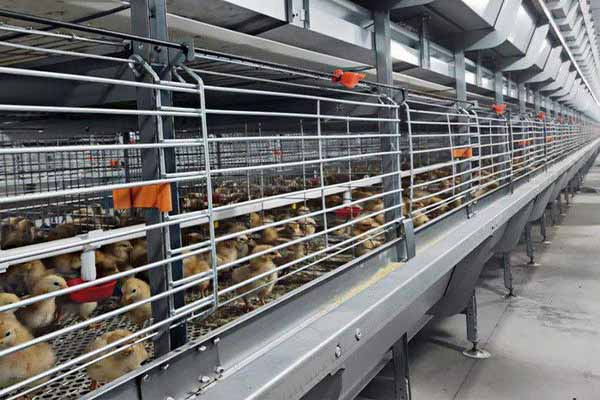The Impact of Battery Cage Farming on Egg Quality
Introduction
Battery cage farming, a common practice in the poultry industry, has raised concerns about the quality of eggs produced. This article delves into the impact of battery cage farming on egg quality, providing insights for chicken farm owners and investors.
What is Battery Cage Farming?
Battery cage farming involves housing chickens in small, battery-like cages. These cages are stacked on top of each other, allowing for high-density poultry production. While this method can maximize space and efficiency, it raises concerns regarding the health and well-being of the chickens and, subsequently, the quality of their eggs.
The Impact on Egg Quality
Several studies have shown that battery cage farming can have a negative impact on egg quality. The following points highlight some of the key issues:
- Nutritional Deficiencies: Battery cages limit the movement of chickens, resulting in decreased physical activity. This, in turn, affects their ability to consume a balanced diet, leading to nutritional deficiencies that can impact egg quality.
- Lack of Access to Clean Water: The confined space in battery cages makes it challenging for chickens to access clean water. This can lead to dehydration and affect the quality of their eggs.
- High Levels of Stress: The crowded and confined environment of battery cages can cause high levels of stress in chickens. Stress hormones can affect eggshell quality, color, and yolk size.
- Antibiotic Use: Battery cage farms often rely on antibiotics to control diseases. However, the use of antibiotics can lead to the development of antibiotic-resistant bacteria, which can have negative implications for both animal health and human consumption.
Alternatives to Battery Cage Farming
To improve egg quality, many farmers are opting for alternative methods of poultry farming, such as free-range or organic farming. These methods offer several benefits:
- Improved Egg Quality: Free-range and organic eggs are generally considered to be of higher quality, with thicker shells, more vibrant yolks, and better nutritional profiles.
- Healthier Chickens: Chickens that are raised in a more natural environment tend to be healthier and have fewer health issues.
- Customer Demand: Many consumers are increasingly seeking high-quality, ethically produced eggs, which can provide a competitive advantage for farmers.
Conclusion
The impact of battery cage farming on egg quality is a critical issue for the poultry industry. By considering alternative farming methods, chicken farm owners and investors can improve the quality of their products and meet the growing demand for high-quality eggs.
Contact Us
Are you looking to optimize your chicken farm for better egg quality? Contact us today for a free, no-obligation consultation and receive our LIVI mechanical chicken farming design plan and equipment quotation.





